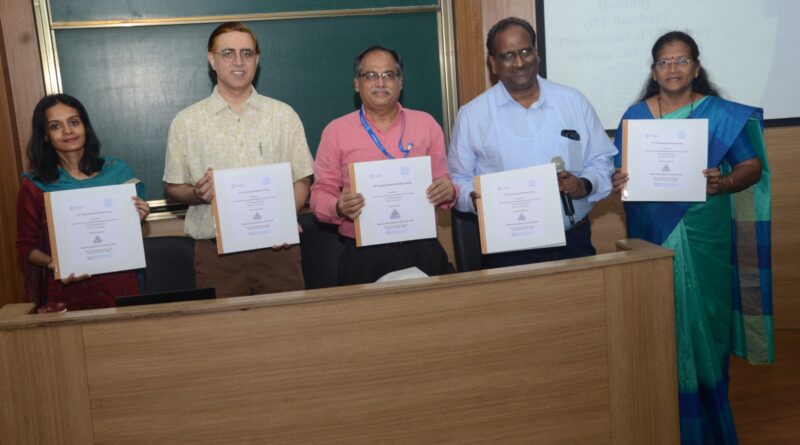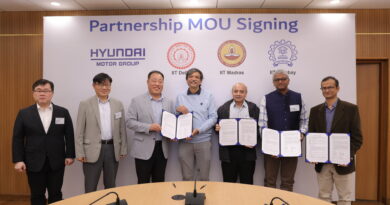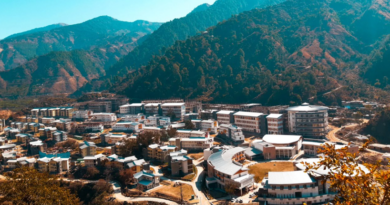IIT Bombay and RSC Host Groundbreaking 75th Yusuf Hamied Chemistry Camp
Inclusive Science Education Takes a Giant Leap in India
Mumbai : In a milestone event that redefines the boundaries of inclusive education, the Indian Institute of Technology (IIT) Bombay, in collaboration with the Royal Society of Chemistry (RSC), hosted the 75th Yusuf Hamied Chemistry Camp — uniquely tailored for 59 visually impaired students from government schools across Mumbai, Nasik, Pune, and Solapur.
Funded through the unwavering generosity of Dr. Yusuf Hamied, a renowned philanthropist and advocate of accessible science, the camp marked a transformative moment in science education, proving that chemistry is for everyone.
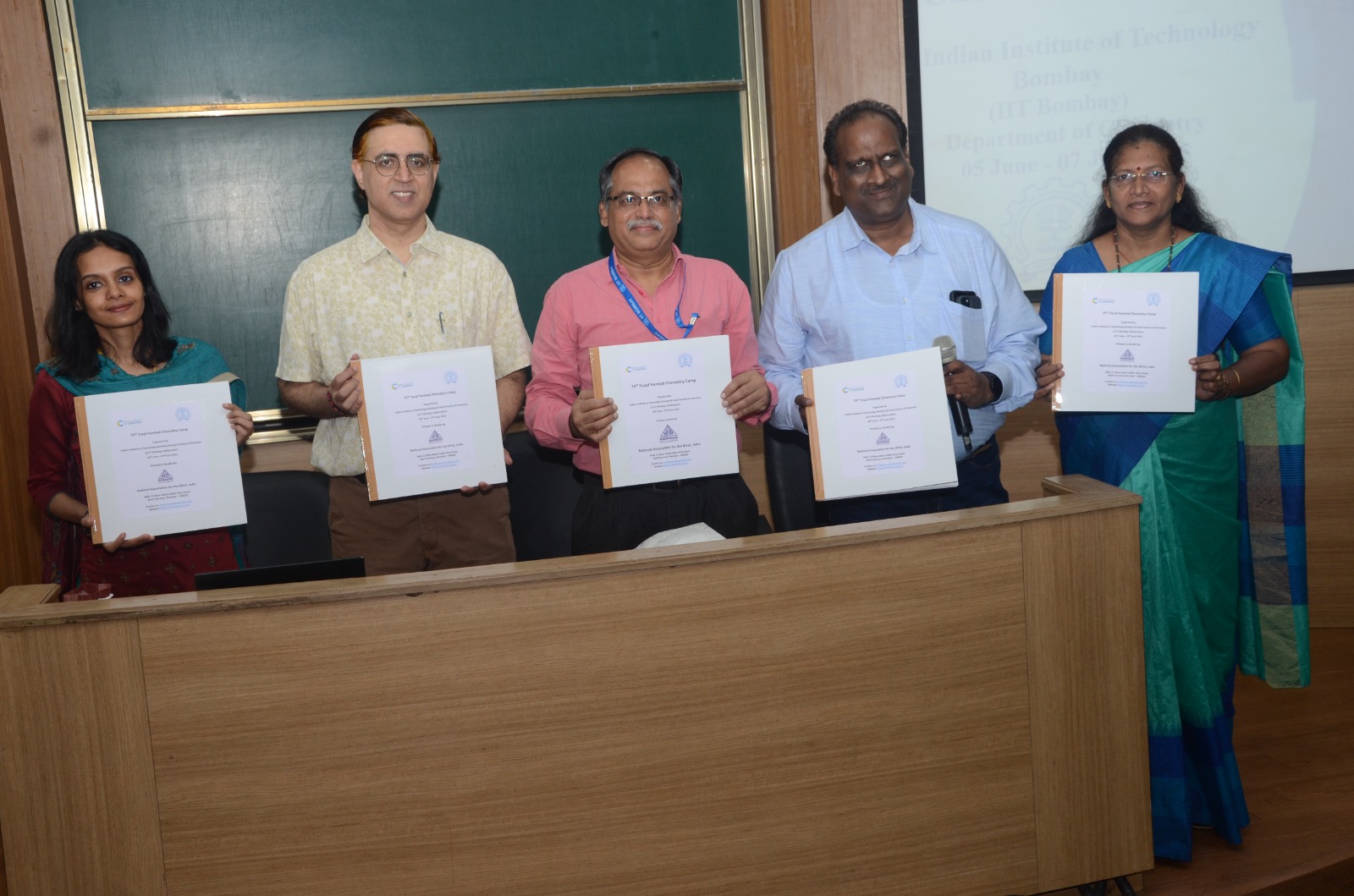
This edition of the camp was curated under the visionary leadership of Dr. Swetavalli Raghavan, Head of Innovation Strategy and Government Affairs at RSC, and featured a specially designed experimental module created by Professor C. Subramaniam of IIT Bombay. Emphasizing sensory engagement, the module replaced visual cues with touch, smell, and temperature-based experiments—ensuring active, hands-on participation for all attendees.
“Designing experiments without relying on sight was intellectually stimulating and offered a unique glimpse into how these children perceive the world,” said Prof. Subramaniam.
Advertisement
Key activities included tactile molecular models, scent-driven chemical identification, magnetic levitation demonstrations, and safe hands-on experiments with texture and temperature. The camp not only imparted knowledge but also ignited a sense of curiosity and confidence among students who are often left out of practical science learning.
“Science must be accessible to all,” asserted Dr. Raghavan. “This camp breaks the myth that chemistry is a purely visual science. With the right tools, we can make scientific inquiry inclusive and empowering.”
Since its inception, the Yusuf Hamied Chemistry Camps have reached over 4,500 students from underprivileged backgrounds across 20 Indian states, bridging social, economic, and physical barriers to scientific education.
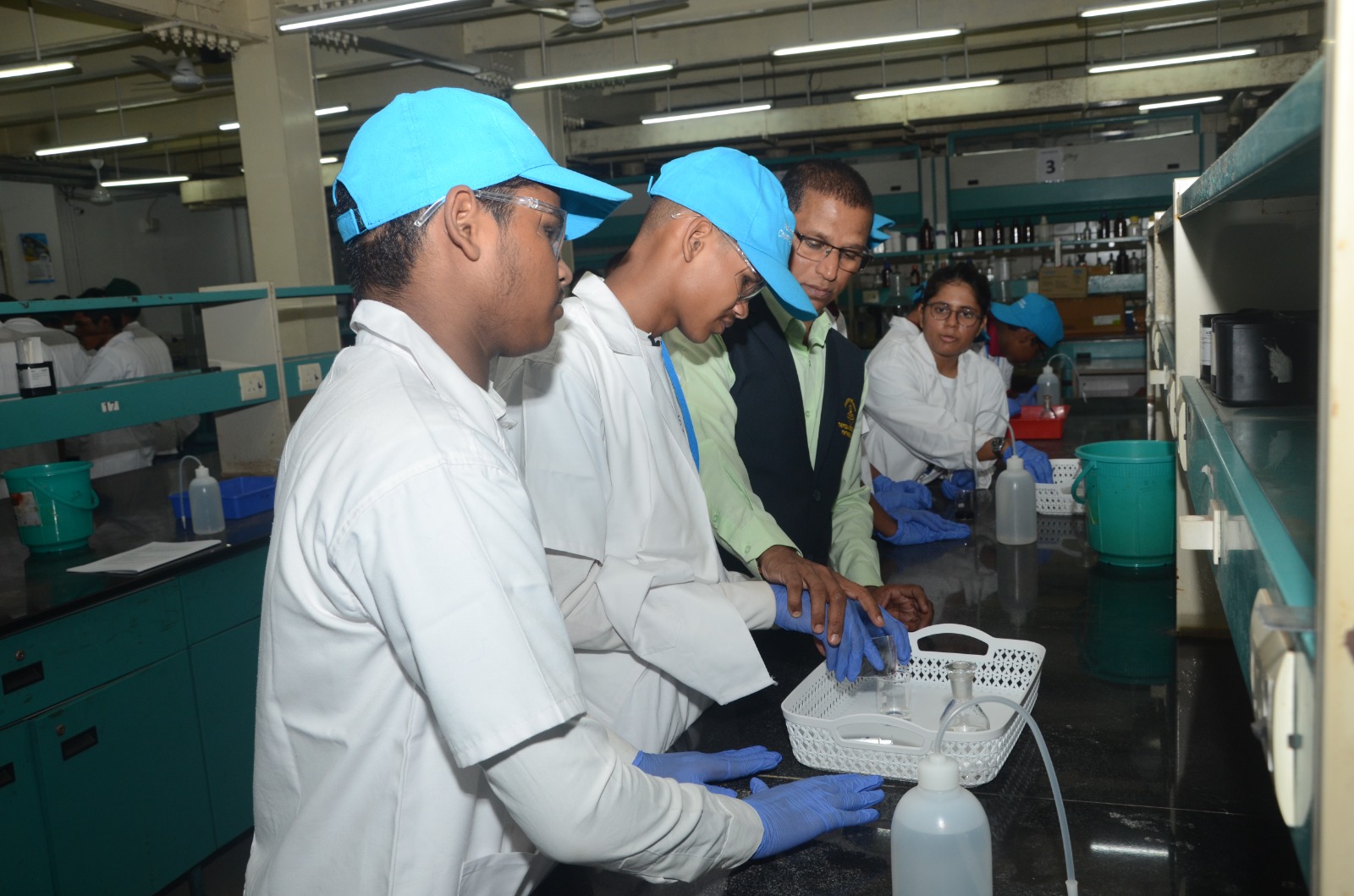
Dr. Hamied’s vision continues to inspire this pioneering initiative. Reflecting on its future, Dr. Raghavan committed to running the camps for at least the next five years, adding,
“Science belongs to everyone. By making it accessible, we unlock minds the world has long overlooked.”
With a successful blueprint now in place, Prof. Subramaniam called for wider adoption:
“The road to equitable access in science must now extend to schools across India. It’s time to turn this inclusive model into a nationwide movement.”
This historic camp stands as a testament to what education can achieve when it is driven by empathy, innovation, and a commitment to true equality.

